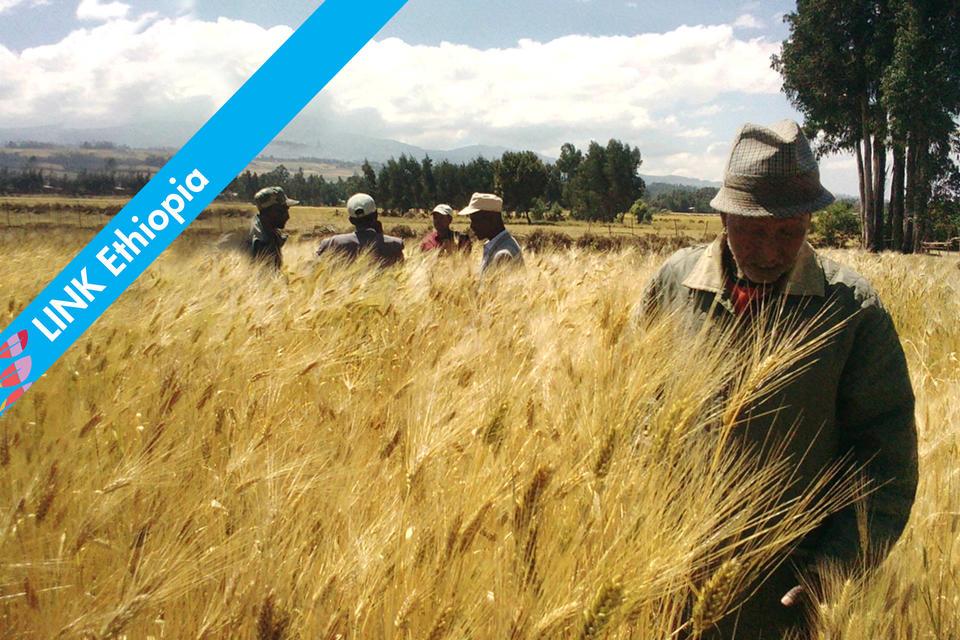Linking farmers and markets in Ethiopia: inclusive business models
Following the success story on one of the most important crops in Ethiopia, let’s take a look at the second phase of the study on the durum wheat value chain conducted by our team and funded by the German Agency for International Cooperation (GIZ), in search of inclusion and productivity improvement. During the second phase, the project sought to
Linking farmers and markets in Ethiopia: inclusive business models

Following the success story on one of the most important crops in Ethiopia, let’s take a look at the second phase of the study on the durum wheat value chain conducted by our team and funded by the German Agency for International Cooperation (GIZ), in search of inclusion and productivity improvement.
During the second phase, the project sought to take necessary steps to build a sustainable and inclusive business model for durum wheat value chain in the study area that can be scaled in other parts of Ethiopia. To achieve this objective, the second tool of the LINK Methodology was applied, since the Business model canvas and its linkages with Tool 1. Value chain mapping helps to understand where to focus intervention efforts in terms of choosing a business model in which to intervene.

